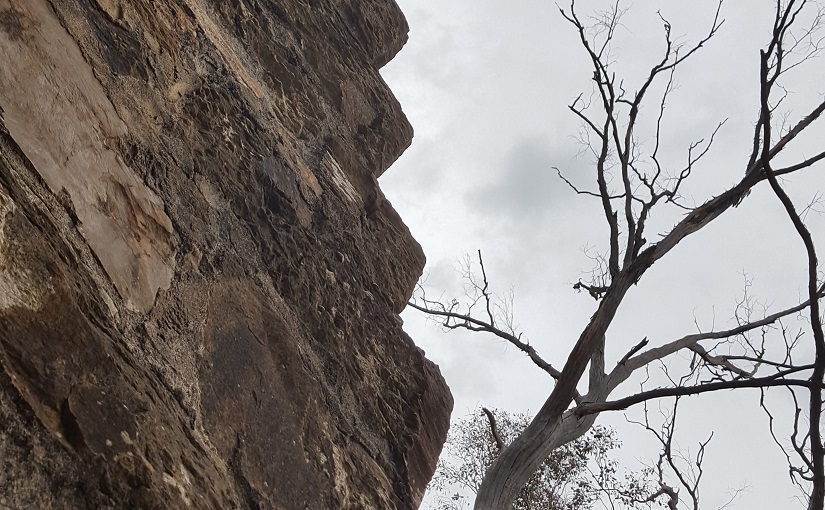What if, despite all our finest efforts and ideas, we don’t yet have the answers? If, looking to either past or present, the plans we dreamt up and systems we’ve set in motion simply don’t lead where we thought they would? Perhaps they even create further problems or unintentionally compound the ones we’ve been struggling to resolve. Isn’t it possible that our understanding might’ve gone off-track in deeply significant ways?
If so, we might throw all our energy at things and never achieve what we hope; forever frustrated at the constant re-emergence of new, old or simply different problems. It could be we’ll spend years unpicking and redressing our problematic solutions. Because, if we’re not on the right path or looking at situations the right way, how can we expect our answers to be the right ones?
Could it be that we’ve taken a few left turns and shifted the conversation to places we won’t ever find truly suitable solutions? Drifted into looking at “how things are” slightly askew – from the wrong sort of angle to see where they fit or the path out of it all to something better. Don’t we need to see and interpret things correctly if we’re to be in the position to find answers? (Notes One)
But then, is it worth thinking that way or is this the kind of existential doubt that’s best left alone? Isn’t it better to “know” than plough on with subtle or dramatic misconceptions of reality? Isn’t our understanding always worth pulling into question, just to be sure we’re not digging holes we’d rather be getting out of?
Maybe it’s a depressing thought; but it might also be inspiring. It’s almost a relief to think that none of the ideas we’ve been throwing around are actually capable of containing the human spirit – bringing out the best in us, discouraging the worst, letting everyone contribute all they’re able and no one hoard more than they personally “need”.
If everything on the table’s still imperfect, then seeing our thinking as potentially flawed or incomplete could perhaps help awaken more open-mindedness. It’s the kind of realisation that could serve as a prelude to more deliberate re-engagement in forging the kind of life we’re all looking for (Notes Two).
Might we not choose to live forever delving deeper into the nature of the human and the world? In a state of seeking greater understanding and constant improvement; of things being flexible and responsive, rather than set in stone; society shifting around us in a beautifully choreographed dance of “life” as we all play our active role in making it “work”.
We so often look at “problems” and propose confident solutions, but what if they’re not? What if anything logically carved out and imposed, instead of intrinsically lived, is destined to fall short? We might seek clear, conclusive, lasting outcomes from relatively short-term projects – hoping to resolve everything once and for all – but maybe life’s more of an ongoing game of insistent awareness and creativity.
Notes and References:
Note 1: Caught in these thoughts
Note 1: Is this the ultimate test?
Note 1: On whose terms?
Note 1: Which voice can we trust?
Note 1: Ideals & the pursuit of them
Note 2: What it is to be human
Note 2: Authenticity & writing our own story
Note 2: True relationship within society?
Note 2: The idea of think globally, act locally
Note 2: Losing the sense of meaning
Finding honest, constructive ways to address life’s many powerful contradictions was also the focus of “Minding the Earth, Mending the World”.










